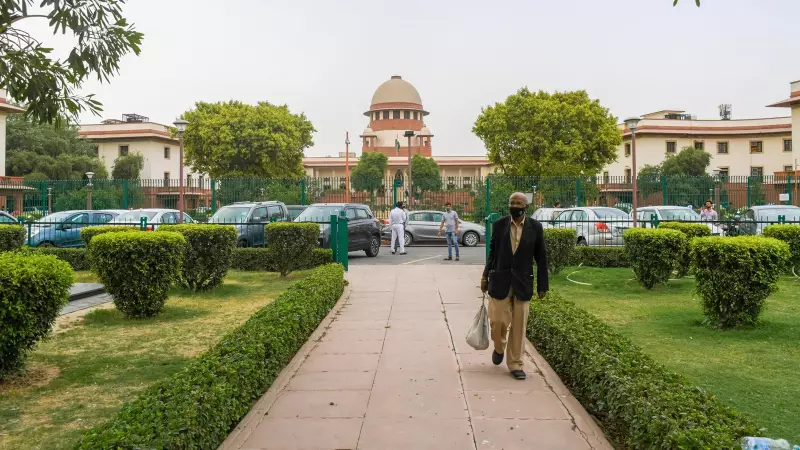
In a groundbreaking judgment that reinforces the dignity of the legal profession, the Supreme Court of India has erected new safeguards for advocates across the nation. The apex court has declared that henceforth, police authorities cannot summon lawyers for questioning without first obtaining prior approval from the District Legal Services Authorities (DLSA).
A Shield Against Unwarranted Harassment
The bench comprising Justices Sanjiv Khanna and Dipankar Datta delivered this pivotal verdict while addressing concerns about advocates facing unnecessary harassment through police summons. The court recognized that legal professionals require special protection to perform their duties without fear of intimidation.
The new protocol establishes a crucial filtering mechanism:
- Police must approach the DLSA before issuing any summons to an advocate
- The DLSA will evaluate the necessity and validity of the proposed summons
- Only upon receiving the green light from DLSA can police proceed with summoning procedures
Balancing Investigative Needs and Professional Dignity
While creating this protective framework, the Supreme Court carefully balanced the requirements of law enforcement with the need to preserve the integrity of legal practice. The court emphasized that this measure doesn't provide immunity to advocates but ensures that summoning procedures follow due process.
"This judgment represents a significant step toward recognizing the unique position advocates hold in our justice system," the court observed. "It protects them from potential misuse of power while maintaining the integrity of criminal investigations."
Implications for Legal Practice
The ruling is expected to have far-reaching consequences:
- Reduced instances of advocates being summoned for frivolous reasons
- Enhanced professional security for legal practitioners
- Strengthened collaboration between legal services authorities and law enforcement
- Preservation of the advocate-client relationship without undue interference
This landmark decision comes as a relief to the legal community, which has long advocated for protections against potential misuse of police powers. The Supreme Court's intervention establishes a precedent that could influence how professional groups interact with law enforcement agencies nationwide.





